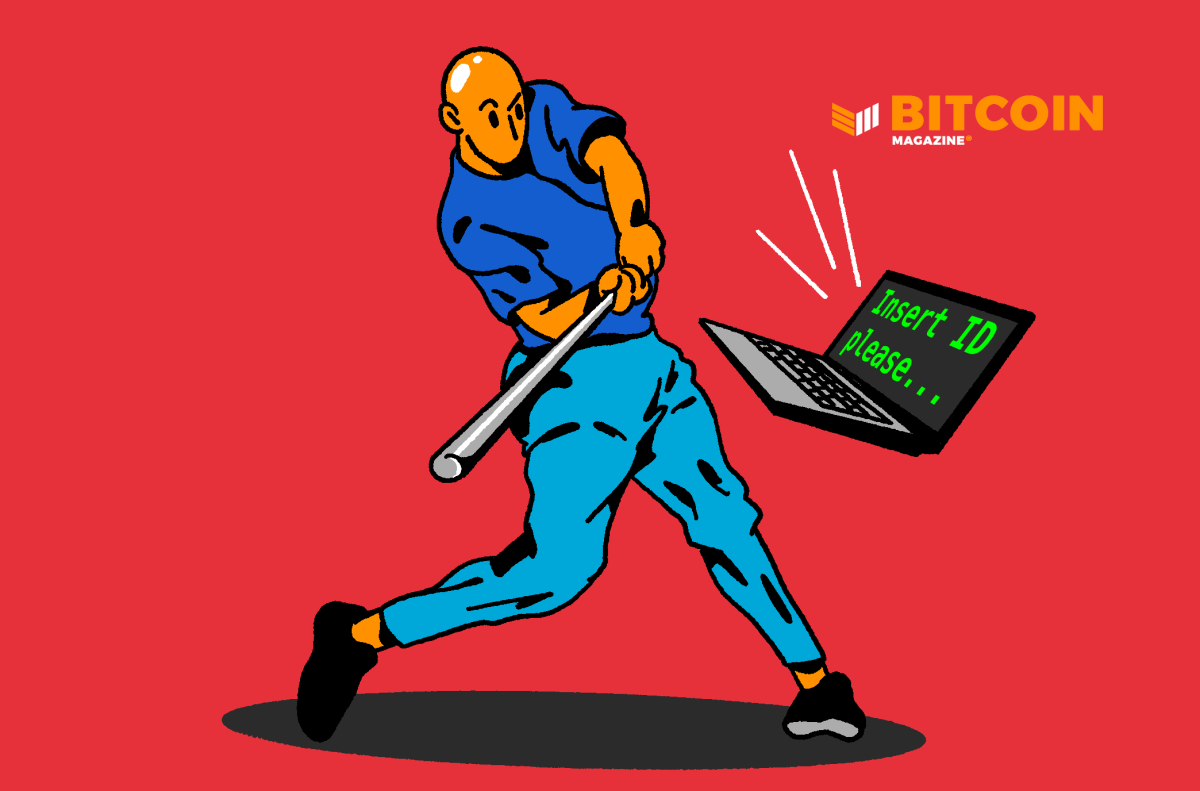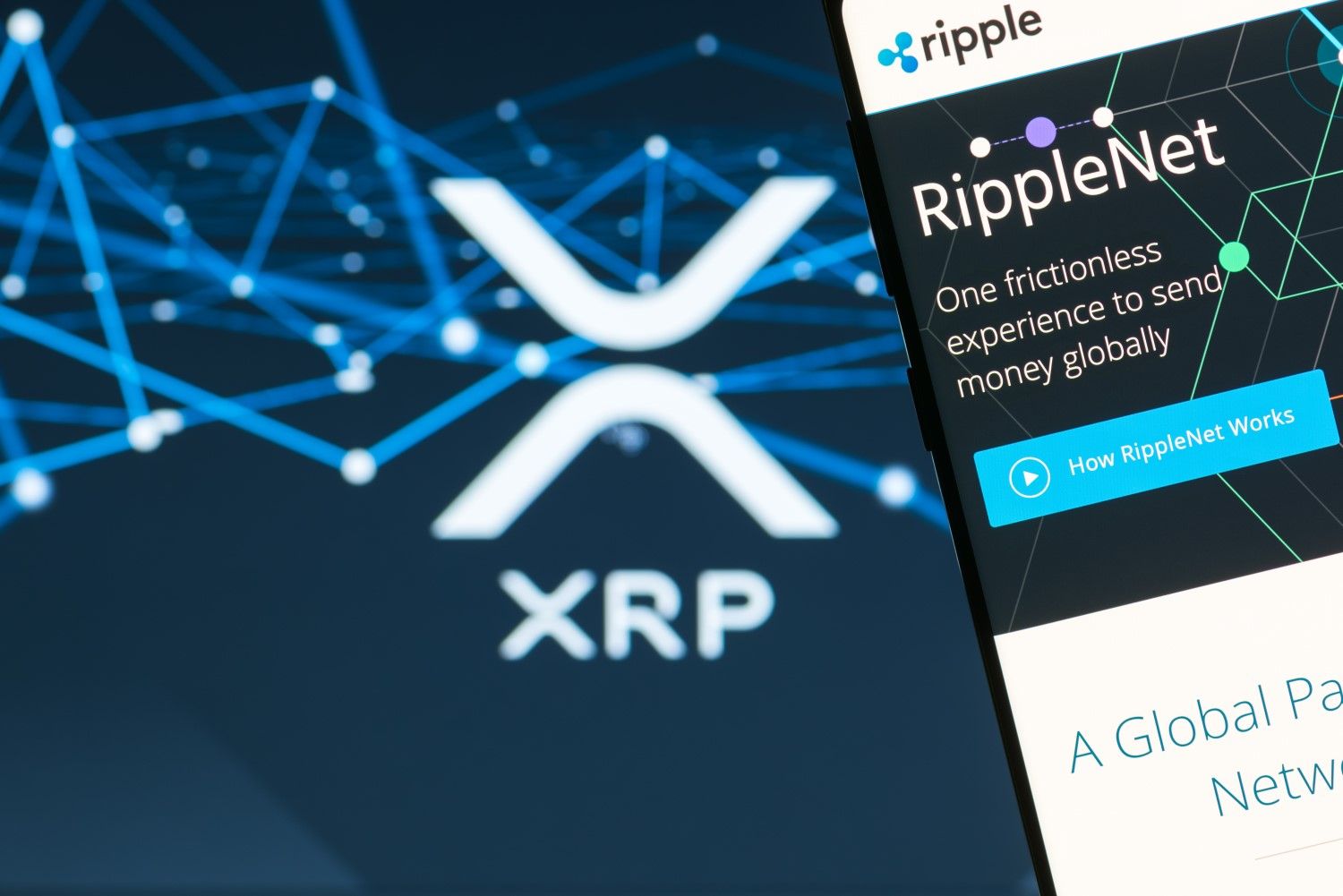This is an opinion editorial by Kudzai Kutukwa, a passionate financial inclusion advocate who was recognized by Fast Company magazine as one of South Africa’s top-20 young entrepreneurs under 30.
(Source: Photo by John Webb on Unsplash)
Privacy is an essential human right that is now being taken for granted. It’s not about having something to hide, but about exercising the power to selectively reveal yourself to the world and thus securing autonomy over your own life. Doors, locks, windows, safes and drapes are some of the devices we use in the physical realm to guard our privacy. Unfortunately we now live in a society in which privacy has been overcome by the compulsion for sharing and transparency. The internet in its current form is deficient in user privacy and was not developed with strong privacy protections from the onset. Our personal data is the “new oil” and is ripe for exploitation by the state, Big Tech and hackers. Sharing has become the default thanks to the availability of digital tools that allow one to share everything from precious moments to exact locations.
While social media platforms have made communication over long distances much easier, the digital footprints being generated online, every day by billions of people compromise their privacy — and by extension their personal security — in numerous ways. Data hacks, online stalking, cyberbullying and phishing attacks are all but a few examples. However, thanks to the aforementioned sharing culture, the desire to maintain privacy is frowned upon and deemed suspicious. After all, why would you need privacy if you have nothing to hide? Without privacy we continue to live under the false illusion of freedom, while our decision-making is remotely controlled by those collecting our data. Privacy is neither illegal nor is it a luxury. Privacy is a necessary prerequisite for freedom.
Until recently financial privacy was the default due to the extensive use of commodity money such as gold and later on after that, cash. You could freely transact without revealing any personal information to merchants or exposing any of your purchases to the bank. In recent years, however, the use of cash has been gradually declining (and financial privacy along with it) due to the rise of alternative digital payment channels and in some cases due to legal restrictions. The idea behind these restrictions being that they are a tool for combating tax evasion, money laundering and organized crime. Despite the fact that digital payment channels are less private than cash, there are laws and limitations on who can access your financial information, and there are legal processes that have to be followed before any disclosure of your financial information to a third party by a financial institution. While not foolproof, they did deliver basic financial privacy protection. As a pseudonymous currency, Bitcoin transactions are public by default and can be viewed by anyone and everyone. If your identity can be tied to a specific Bitcoin “wallet address” your financial life (insofar as that bitcoin wallet is concerned) is now permanently in the public domain, with no legal processes required to access that information. This is the major reason why applications and services that protect the privacy of cryptocurrency transactions are being targeted by governments globally.
On 8 August 2022, the US Treasury’s Office For Assets Control (OFAC) sanctioned Tornado Cash (TC), an Ethereum smart contract mixer, that allows people to protect their financial privacy online, and added it to the Specially Designated Nationals (SDN) List. This effectively means that American citizens, residents and entities are banned from interacting with TC in any way. Privacy-enabling tools like TC allow people to transact without exposing their entire financial activity. In other words they are useful for the preservation of financial privacy where transactions on-chain are concerned. According to OFAC, TC…
Read More: bitcoinmagazine.com









 Top Hat
Top Hat  Linear
Linear  Groestlcoin
Groestlcoin  Jeff
Jeff  Propbase
Propbase  Tron Bull
Tron Bull  Jackal Protocol
Jackal Protocol  Polymath
Polymath  Strawberry AI
Strawberry AI  Bityuan
Bityuan  TROY
TROY  lmeow
lmeow  META
META  BLUB
BLUB  Mossland
Mossland  Based Pepe
Based Pepe  Connex
Connex  A Hunters Dream
A Hunters Dream  PAID
PAID  Wrapped XRP
Wrapped XRP  cBAT
cBAT  Nexera
Nexera  Cream
Cream  Catana
Catana  Hacken
Hacken  Foxy
Foxy  Project89
Project89  Acet
Acet  FUNToken
FUNToken  Memes AI
Memes AI  Beta Finance
Beta Finance  GoGoPool ggAVAX
GoGoPool ggAVAX  Cornucopias
Cornucopias  Bella Protocol
Bella Protocol  SuiNS Token
SuiNS Token  ChainBounty
ChainBounty  DexTools
DexTools  Slash Vision Labs
Slash Vision Labs  Zedxion
Zedxion  Hanu Yokia
Hanu Yokia  Autonomous Virtual Beings
Autonomous Virtual Beings  district0x
district0x  CHEQD Network
CHEQD Network  Tenset
Tenset  Shoggoth
Shoggoth  Boba Oppa
Boba Oppa  WAGMI Games
WAGMI Games  Hathor
Hathor